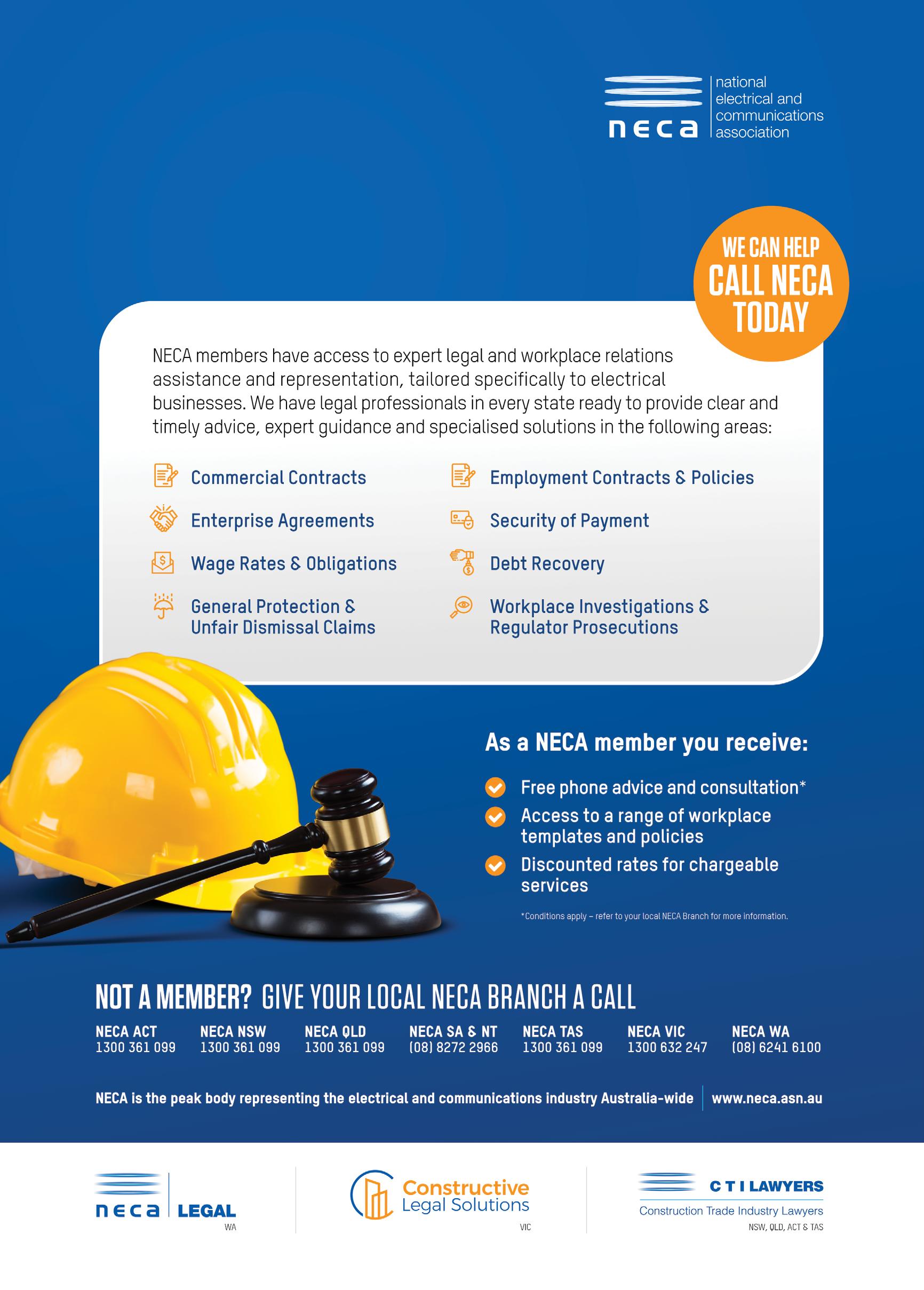
3 minute read
Casual Employment – High Court Overturns Decision in Workpac v Rossato
MANY EMPLOYERS FIND THEMSELVES STRUGGLING TO FIND A CLEAR DEFINITION OF WHAT A CASUAL EMPLOYEE IS. A RECENT APPEAL TO THE HIGH COURT OF AUSTRALIA IN WORKPAC PTY LTD V ROSSATO & ORS [2021] HCA 23 OVERTURNED THE FULL FEDERAL COURT’S PREVIOUS DECISION IN 2020 THAT MR. ROBERT ROSSATO (MR. ROSSATO), A COAL MINEWORKER, WAS NOT A CASUAL WORKER AND WAS ENTITLED TO PAID LEAVE. THE DECISION CLARIFIES WHAT DOES AND WHAT DOES NOT MEET THE REQUIREMENT OF A FIRM, ADVANCE COMMITMENT TO ONGOING EMPLOYMENT.
The High Court’s Decision in Workpac v Rossato
In short, Mr. Rossato was a labour-hire mining truck driver who was employed by Workpac. Between 2014 and 2018, Mr Rossato worked across six consecutive contracts, which all described him as a casual employee. Mr. Rossato worked a fixed weekly roster, that was often given to him at least seven months in advance.
The 2020 decision, which found that Mr. Rossato was not a casual employee was appealed to the High Court of Australia where it was found that Mr. Rossato was in fact a casual employee and therefore, not entitled to any paid leave entitlements. The Court based its decision on the requirements of a firm, advance commitment to ongoing employment.
Firm, advance commitment requirement
The High Court confirmed that casual employees have ‘no firm advance commitment’ to continuing and indefinite work according to an agreed pattern of work. In determining that Mr. Rossato did not have a firm, advance commitment, it considered the following: 1. Mr. Rossato was engaged on an
‘assignment-by-assignment’ basis; 2. Mr. Rossato had the ability to accept or reject assignments; and 3. Workpac was not obliged to offer further or additional assignments. The above three considerations demonstrate a lack of a firm, advance commitment to ongoing employment. Further to this, it was also determined that should a written employment contract exist, it must expressly state or reasonably imply the nature of an advance commitment and ongoing employment relationship. Although argued that a shift-based roster fixed in advance could deem Mr. Rossato not to be a casual employee, the High Court found that this is not sufficient in establishing an ongoing employment relationship beyond the completion of each assignment.
Significance of the decision
The Fair Work Amendment (Supporting Australia’s Jobs and Economic Recovery) Bill 2021, which was introduced in March 2021, provided greater clarity on the definition of a casual employee. It defines a casual worker as an individual who: 1. Has been provided with an offer of employment on the basis that the employer makes no firm, advance commitment to continuing and indefinite work according to an agreed pattern of work; 2. Accepts the above offer; and 3. Is an employee as a result of the above acceptance. This Amendment now applies to all future cases concerning casual employment. However, this recent High Court decision is relevant to all previously binding decisions that have been made by a Court in relation to casual employment that may be subject to appeal.
What this means for employers
In light of this decision, employers are now encouraged to review their casual employment contracts to ensure that they expressly state the following: 1. The individual is a casual employee working on a casual basis; and 2. There is no firm, advance commitment of ongoing work. In summary, the High Court has clarified that where the formal relationship between the parties, being the employment contract, genuinely reflects a casual engagement, this will be recognised by the courts. Contact your local NECA Branch if you require your employment contracts to be reviewed or if you have any enquiries about casual employment.
Marina Galatoulas
Solicitor, NECA Legal Disclaimer: This summary is a guide only and is not legal advice. For more information on legislative obligations, contact the legal service offered by your local NECA Branch.
CONTACT NECA FOR EXPERT LEGAL ADVICE AND REPRESENTATION











